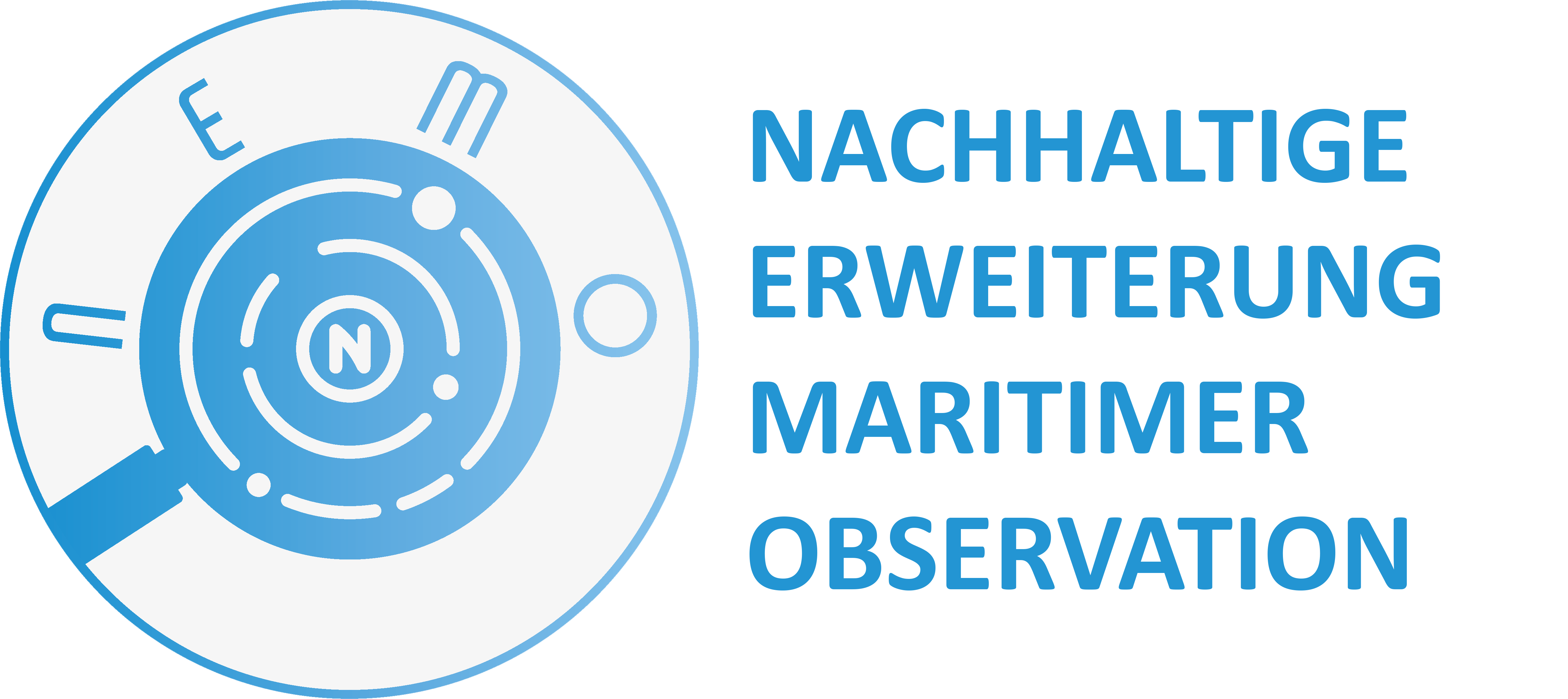Secure trade means secure maritime routes
The oceans are a vast, uncontrolled arena for illicit trade and transnational organized crime. Their activities include crimes that are inherently maritime in nature, such as illegal fishing / IUU fishing, as well as crimes that rely on the ocean for transportation, such as drugs and wildlife trafficking. Organized criminal networks use legal supply chains to transport illicit goods across the world’s oceans, using both commercial transportation and ships used solely for the purpose of illicit trafficking.
aus Smuggling and Trafficking of Illicit Goods by Sea, Carina Bruwer
- 90 % percent of world trade occurs under normal conditions by sea
- More than 95,000 merchant ships are deployed on the world's oceans.
- More than 1.6 million people work on these ships.
About a third of global ship movements have their destination or port of departure in the EU. The North and Baltic Seas are among the most frequently and densely traveled seas in the world. As one of the leading export nations, Germany has a special interest in efficient and environmentally friendly sea transport on safe shipping lanes.
The Federal Ministry of Economics and Climate Action provides funds for research and development of “real-time technologies for maritime security”.
The Supply Chain Act
The German government’s Supply Chain Act will come into force on January 01, 2023. It sets out clear and actionable requirements for companies’ due diligence obligations and thus creates legal certainty for companies and those affected. In a fast-paced, interconnected, digitalized and globalized world, it is becoming increasingly difficult for companies to ensure control over every step of their long, complex supply chains and thus meet the requirements of the Supply Chain Act.
NEMO can be an important component in meeting these requirements. NEMO brings the required transparency to complex supply chains, especially in the maritime sector, and thus creates the basis for making them verifiable in the first place.
